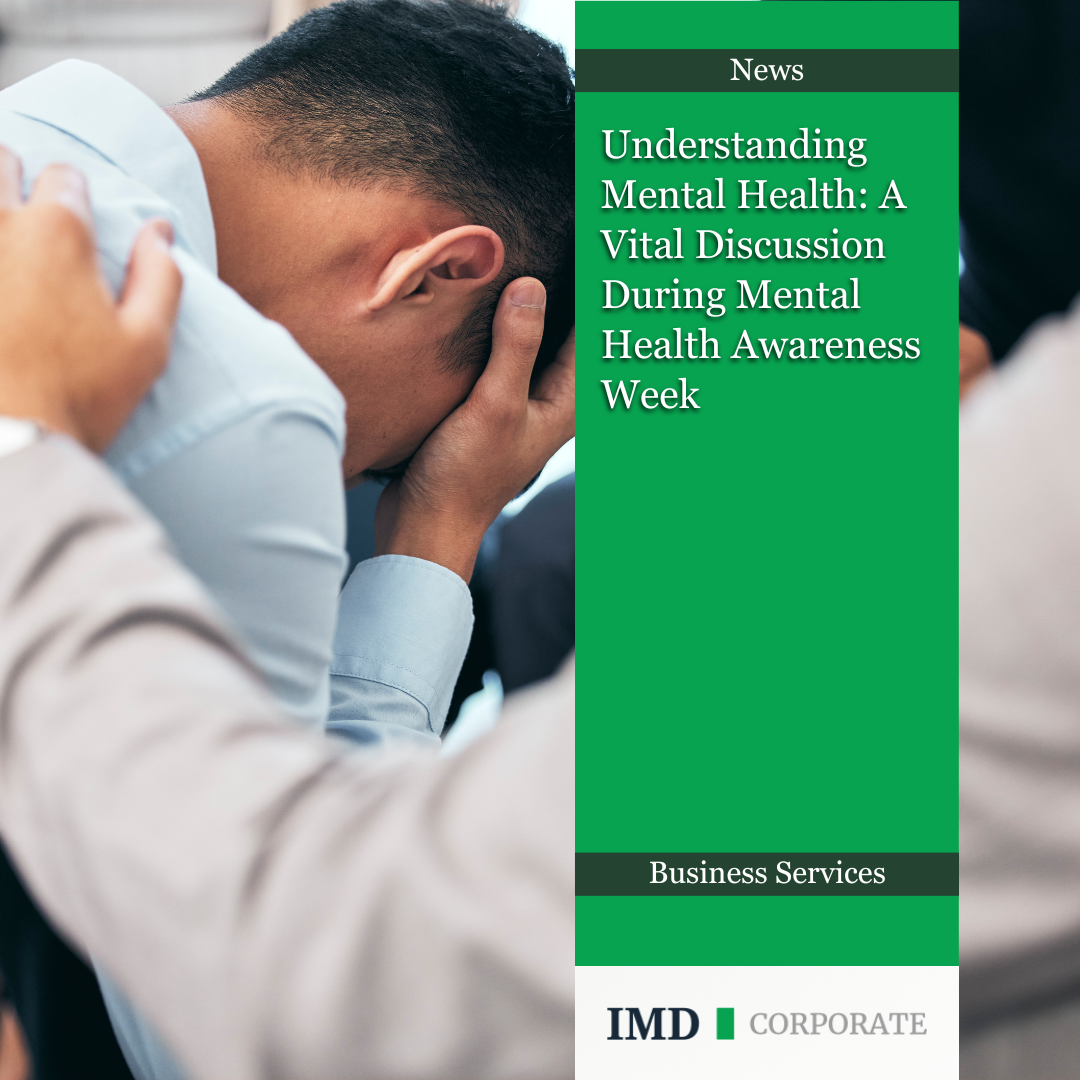
Mental Health Awareness Week, observed from May 13 to May 19, 2024, presents an opportune moment for societies worldwide to spotlight mental health concerns and advocate for greater understanding and support. In recent years, there has been a commendable shift in attitudes towards mental health, with more open conversations challenging stigma and fostering empathy. This year’s theme, focusing on recognizing symptoms of not coping well and accessing appropriate support, underscores the urgency of prioritizing mental well-being in our communities. In this article, we delve into the importance of Mental Health Awareness Week, explore the signs of struggling mental health, and provide guidance on accessing support resources in the UK.
Mental health is an intrinsic component of overall well-being, influencing our emotions, thoughts, and behaviours. Yet, despite its significance, mental health has historically been overshadowed by stigma and misunderstanding. Mental Health Awareness Week plays a crucial role in challenging these misconceptions, encouraging empathy, and promoting proactive mental health care. By amplifying voices, sharing personal experiences, and disseminating knowledge, this annual observance seeks to create a more supportive and inclusive environment for individuals grappling with mental health challenges.
Recognizing the signs of struggling mental health is pivotal for early intervention and support. While symptoms may vary among individuals, common indicators include:
The United Kingdom offers a variety of resources and support networks for individuals navigating mental health challenges. Key contacts include:
Mental Health Awareness Week serves as a poignant reminder of the importance of prioritizing mental well-being and fostering a culture of empathy, support, and inclusivity. By recognizing the signs of struggling mental health and knowing where to turn for help, individuals can take proactive steps towards healing and recovery. Together, let us reaffirm our commitment to destigmatizing mental illness, promoting understanding, and ensuring that mental health remains a priority in our communities and beyond.
Remember, seeking help is not a sign of weakness but a courageous step towards healing and well-being. You are not alone, and support is available. Reach out, speak up, and take the first step towards a healthier, happier future.
This article is for general information only and does not constitute legal or professional advice. Please note that the law may have changed since this article was published.